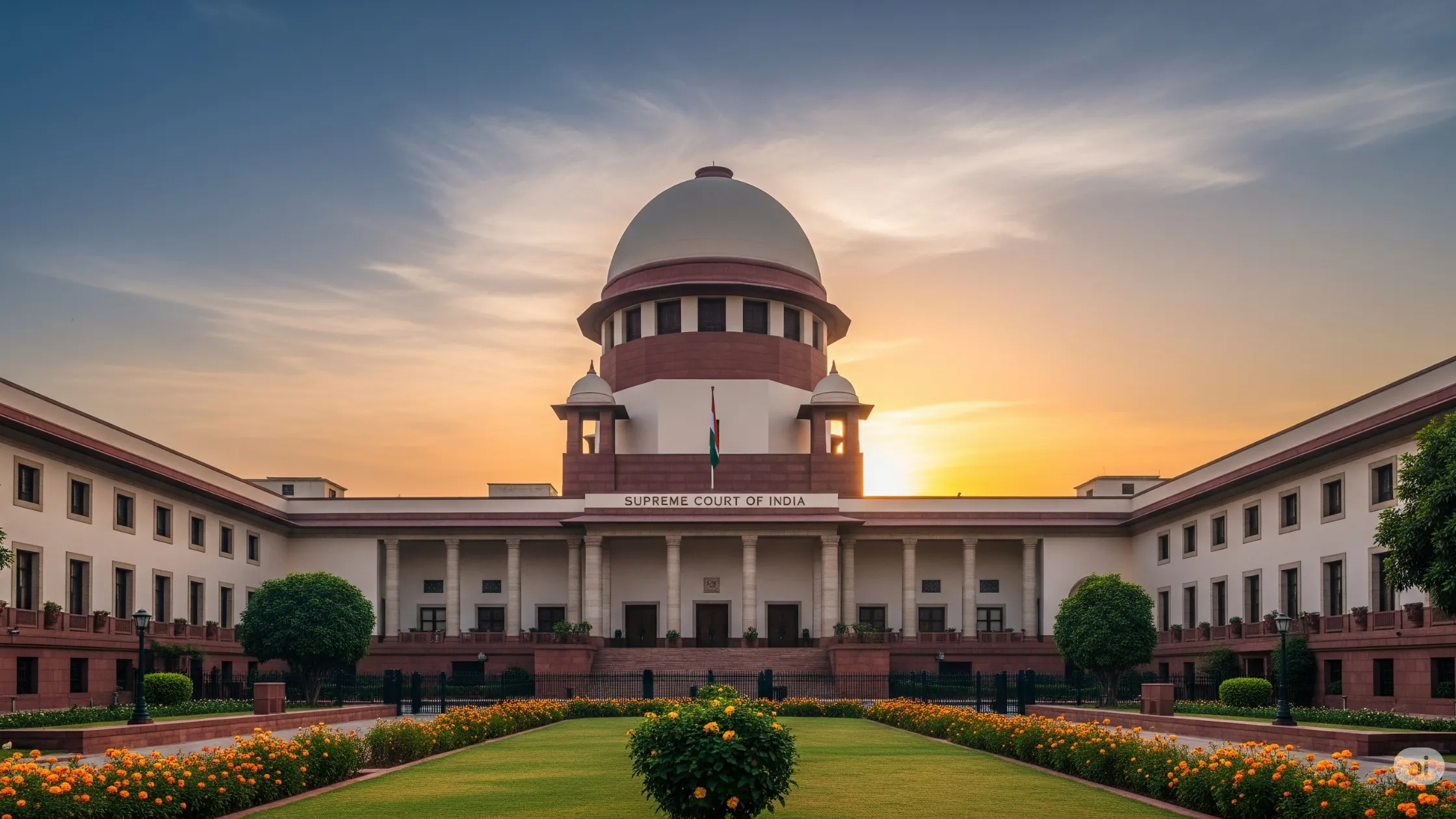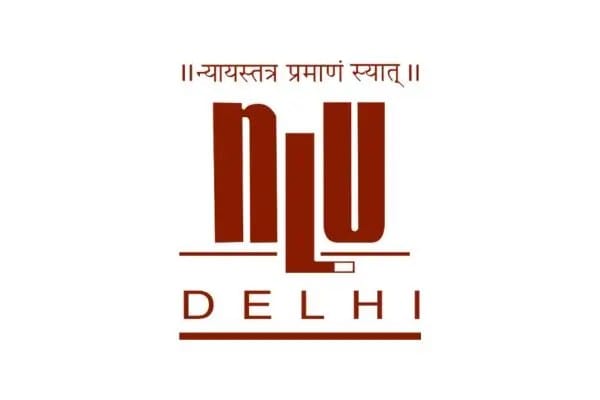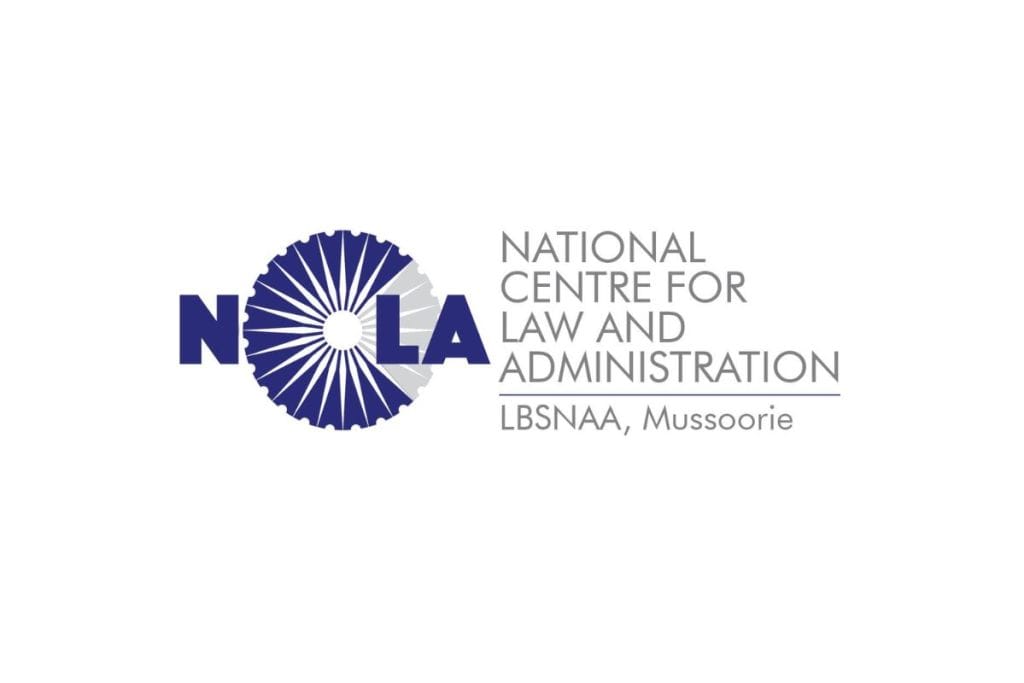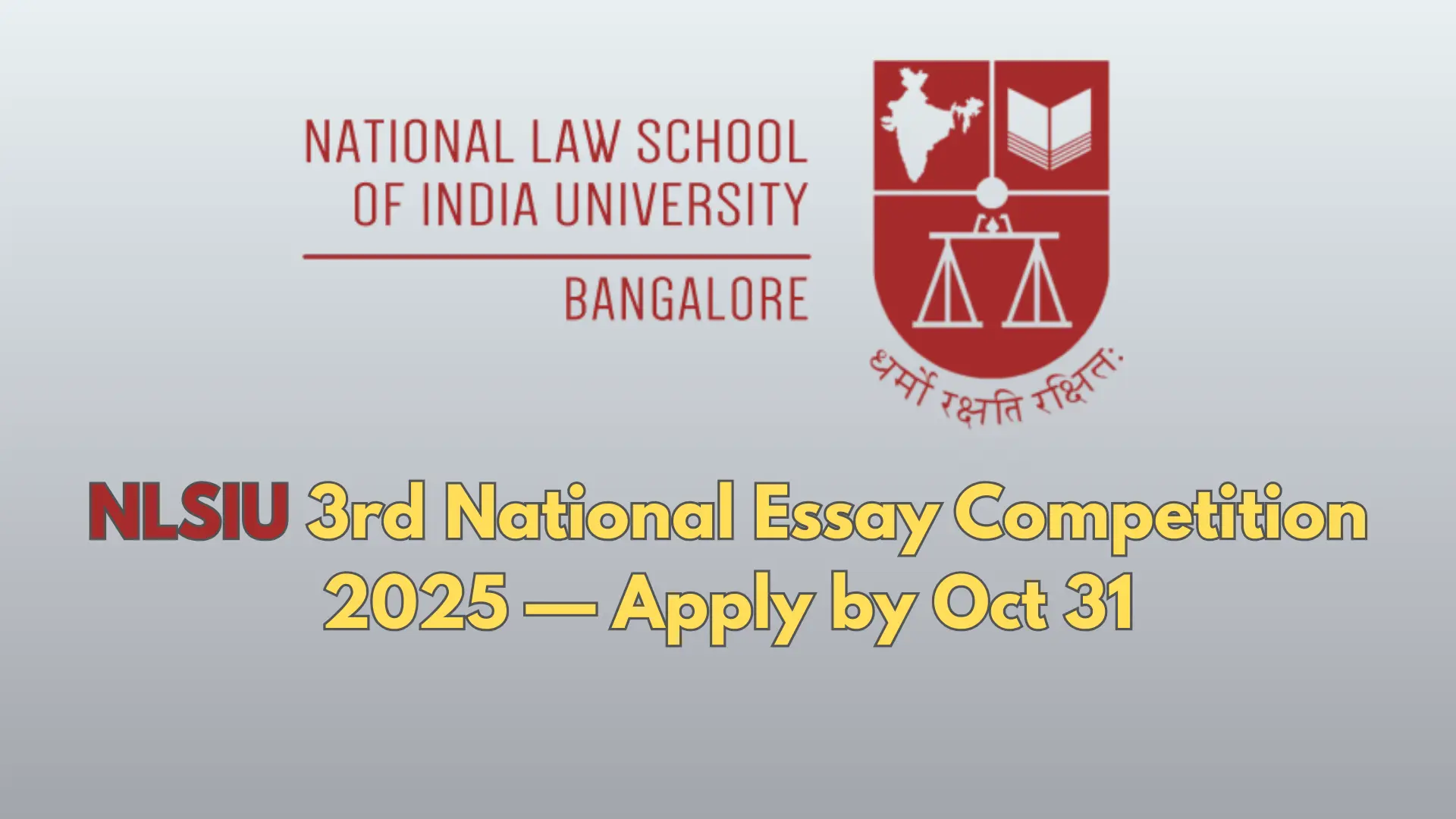Case Citation : Ramesh Chennithala v. State of Kerala & Anr., Supreme Court of India, (2024) SCC Online SC 487.
Introduction
The Supreme Court’s decision in Ramesh Chennithala v. State of Kerala (2024) is a significant pronouncement on the scope and limits of legislative immunity under Article 194 of the Constitution of India. The case arose from allegations of financial irregularities in the “Sprinklr data deal” during the COVID-19 pandemic, wherein sensitive health data of citizens was allegedly transferred to a foreign private company without proper legislative sanction. When questions were raised in the Kerala Legislative Assembly, the State Government invoked legislative privilege and executive prerogative to shield its actions from judicial scrutiny.
The petitioner, a senior opposition leader, challenged the government’s claim of privilege, arguing that legislative immunity cannot operate as a blanket shield for executive actions. The Court’s judgment redefined the contours of legislative privilege, emphasizing constitutional accountability and the doctrine of separation of powers. It established that legislative privileges are meant to protect the integrity of legislative functioning, not to provide immunity from judicial review.
This case thus represents a crucial development in Indian constitutional law – clarifying the boundaries between legislative privilege, executive accountability, and judicial oversight.
Facts of the Case
Parties Involved:
- Petitioner: Ramesh Chennithala, Member of Legislative Assembly (Opposition Leader, Kerala).
- Respondents: State of Kerala and The Chief Secretary to the Government of Kerala.
Relevant Facts:
During the COVID-19 pandemic in 2020, the State of Kerala entered into a data analytics agreement with Sprinklr Inc., a U.S.-based company, to process and analyze the health data of citizens. Allegations arose that the contract violated citizens’ privacy and bypassed the legislative approval required for data sharing with foreign entities.
The petitioner sought judicial review of the government’s action, contending that the deal infringed upon the right to privacy under Article 21 and lacked transparency. The State defended itself, invoking legislative privilege under Article 194(3) and claiming that the matter concerned internal legislative proceedings, beyond judicial intervention.
Procedural History:
The Kerala High Court partly upheld the petitioner’s contention but left certain questions regarding legislative privilege unresolved. On appeal, the Supreme Court was called upon to determine the extent to which legislative privilege and immunity protect governmental acts and debates from judicial review, particularly when fundamental rights and public accountability are implicated.
Legal Issues
- Whether legislative privilege under Article 194(3) can shield executive actions from judicial review.
- Whether the State Government’s invocation of legislative immunity to avoid scrutiny of the Sprinklr data deal was constitutionally valid.
- What is the permissible scope of judicial intervention in matters involving legislative privileges vis-à-vis citizens’ fundamental rights.
Court’s Decision
Holding:
The Supreme Court held that legislative privilege under Article 194 cannot be invoked to protect executive or administrative actions from judicial scrutiny. The Court ruled that the doctrine of legislative immunity is limited to acts essential for the functioning of the legislature and does not extend to executive decisions taken under the guise of legislative discretion.
Legal Reasoning
Majority Opinion (Justice Sanjiv Khanna and Justice B.V. Nagarathna):
The Court adopted a purposive interpretation of Article 194 and reaffirmed the principle that legislative privilege must coexist with constitutional supremacy.
- Separation of Powers: The Court emphasized that privileges are a necessary incident of legislative independence but cannot override fundamental rights or the rule of law. Judicial review remains the “basic feature” of the Constitution.
- Scope of Article 194(3): The Court clarified that Article 194(3) provides immunity only for “speech and votes” within the House or its committees, not for executive decisions merely discussed or approved therein.
- Accountability of the Executive: The Court observed that where executive acts affect citizens’ rights, the legislature’s protective cloak cannot prevent judicial inquiry. The decision reinforced that no organ of the State is beyond constitutional scrutiny.
- Right to Privacy and Transparency: Referring to K.S. Puttaswamy v. Union of India (2017) 10 SCC 1, the Court held that public data, particularly health data, involves citizens’ informational privacy – a protected facet of Article 21. Thus, the State’s conduct had to be tested for proportionality and legality.
Statutes and Precedents Cited:
- Article 194(3), Constitution of India – Powers and privileges of State legislatures.
- K.S. Puttaswamy v. Union of India, (2017) 10 SCC 1.
- Raja Ram Pal v. Speaker, Lok Sabha, (2007) 3 SCC 184 – Judicial review of legislative privileges.
- Amarinder Singh v. Punjab Vidhan Sabha, (2010) 6 SCC 113 – Limits of legislative privilege in expulsion cases.
Dissenting Opinions:
None – the judgment was unanimous.
Impact of the Case
Legal Precedent:
The judgment reaffirmed the supremacy of constitutional principles over legislative privileges. It established that legislative immunity cannot be misused to cloak executive decisions in secrecy. This has far-reaching implications for state-level accountability and transparency.
Institutional Impact:
Following the verdict, several State legislatures revisited their privilege procedures and internal rules, ensuring that executive actions presented in the House are subject to post-legislative scrutiny. The decision strengthens parliamentary democracy by balancing privilege with public accountability.
Social and Political Impact:
The ruling enhanced public trust in the judiciary as the final guardian of fundamental rights. It sent a clear message that legislative privileges exist to preserve deliberative independence – not political convenience or executive opacity.
Analysis
Critical Analysis:
The Ramesh Chennithala decision is a constitutional milestone that recalibrates the equilibrium between privilege and accountability. The Court’s approach preserves the sanctity of legislative debate while reaffirming the judiciary’s oversight function in protecting rights and ensuring transparency.
Strengths:
- Clarifies the constitutional boundary between legislative privilege and executive accountability.
- Reinforces the judiciary’s role as the final interpreter of constitutional propriety.
- Promotes transparency and protection of citizens’ rights in legislative governance.
Weaknesses:
- The Court refrained from issuing detailed guidelines on how privilege committees should distinguish between legislative and executive functions.
- It left ambiguity about how far courts may probe into internal deliberations without breaching legislative independence.
Alternative Outcomes:
The Court could have directed Parliament and State legislatures to frame uniform procedural codes for privilege invocation, ensuring transparency and preventing arbitrary claims of immunity in the future.
Conclusion
The Supreme Court’s judgment in Ramesh Chennithala v. State of Kerala is a landmark exposition of constitutional accountability and legislative restraint. By reaffirming that legislative immunity is a means to secure institutional integrity – not a tool to evade responsibility – the Court preserved the democratic balance envisioned by the Constitution.
The decision strengthens the rule of law by ensuring that legislative privilege cannot shield executive misconduct or infringe upon citizens’ fundamental rights. It underscores that in a constitutional democracy, no authority, not even the legislature, is above the Constitution.
In essence, the judgment represents a reaffirmation of the constitutional promise that transparency, accountability, and judicial oversight remain the hallmarks of good governance in India.








